Are you planning on leasing a car but unsure who pays insurance on a leased car? First, auto insurance isn’t included in a lease. However, the lessee is required to secure insurance coverage before they can drive a leased vehicle.
While a lease agreement doesn’t include car insurance, you’re still expected to get coverage that can meet the requirements set by the lessor and the state you’re in. As a result, your lease could get more expensive because of the bigger amount of coverage required.
In perspective, some car dealerships would require you to purchase their car insurance policies like comprehensive and collision coverage. Likewise, it may include gap insurance that could cover the value of the car after the lease term ends.
Most leasing companies would also let you bring in your auto insurance policy as long as it meets their requirements. Either way, you need to be insured before you can start driving a leased car.
Do I need to get insurance when I lease a car?
Yes, you will need to get your auto insurance policies when you lease a car. Your car insurance should cover the following:
- Bodily injury liability
- Property damage liability insurance
- Personal injury protection or medical payments
- Uninsured or underinsured motorists coverage (depending on your state)
- Comprehensive and collision coverage (may be required by the lessor)
- Gap insurance (may be required by the lessor)
Keep in mind that the insurance requirements for leased cars may differ from one state to another. Make sure to check with your local DMV for more information. When you lease a car, you’re still expected to get your insurance policy.
What’s the best insurance for leased cars
There’s no definite answer as to what’s the best insurance for leased cars. However, most experts would recommend that you get more comprehensive coverage than what’s required by the state.
This is because a leased car is still owned by the lessor and you’re only using it for a certain period. In case of an accident, the repairs will be shouldered by the insurance company.
Likewise, you might want to get gap insurance to cover the value of the car in case it gets totaled.
Keep in mind that the requirements for leased cars may differ from one state to another.
Car insurance isn’t included in a lease agreement. However, the lessee is still expected to get their insurance policy before they can drive the leased car.
The requirements for leased cars may differ from one state to another.
How does insurance work in a leased car?
In case of an accident, the repairs will be shouldered by the insurance company. Not only property damage liability, but auto insurance also covers medical expenses and other medical bills. However, the process is different when you lease a vehicle versus when you own one.
When you get car insurance, the car dealership will be listed as a loss payee. What does this mean? This means that in case an accident happens, the claims settlement will be given to the dealership, not you.
The advantage of having the dealership as a loss payee is that they can’t deny coverage for any damages that may occur during the lease term.
Keep in mind that you’re still responsible for getting your insurance policy. The dealer can’t do it for you. With that being said, the insurance policy will cover the cost of repairs.
For this reason, it’s much better to get higher insurance coverage if you don’t want to pay for the difference. This is why it’s important to secure gap insurance.
Gap insurance for leased car
Is gap insurance worth the cost if you’re leasing a vehicle? A gap is an acronym for “guaranteed auto protection.” Do you need gap coverage for a leased car?
Gap coverage is important if you’re leasing a vehicle because it covers the difference between what you owe on the lease and what the car is worth after an accident.
This is important because leased car insurance typically only pays out the actual cash value of a vehicle, not the leasing company’s selling price.
For example, if you leased a car for $20,000 and it’s totaled in an accident after one year, your car insurance will only pay out the actual cash value of the vehicle, which is $15,000.
This leaves you with a $5,000 gap that you’ll need to pay to the leasing company. Gap coverage will cover the difference so you don’t have to pay it out of pocket.
Keep in mind that gap insurance is only available if you’re leasing a vehicle. You don’t need it if you’re buying a car outright because you don’t owe anything to the lender beyond the actual value of the vehicle.
In Conclusion
Leasing a car doesn’t automatically include insurance. You, as the lessee, are still expected to get your policy. The insurance requirements for leased cars may differ from one state to another.
Most experts would recommend that you get more comprehensive and collision coverage than what’s required by the state.
This is because a leased car is still owned by the lessor and you’re only using it for a certain period. In case of an accident, the repairs will be shouldered by the insurance company. Likewise, you might want to get gap insurance to cover the value of the car in case it gets totaled.
Are you ready to lease your new car? Give us a call and we’ll help you with all your car leasing needs.
Do you find this article helpful? Share your thoughts in the comments section below! We always value your opinion and this will help us serve you better.
Thank you for reading!




